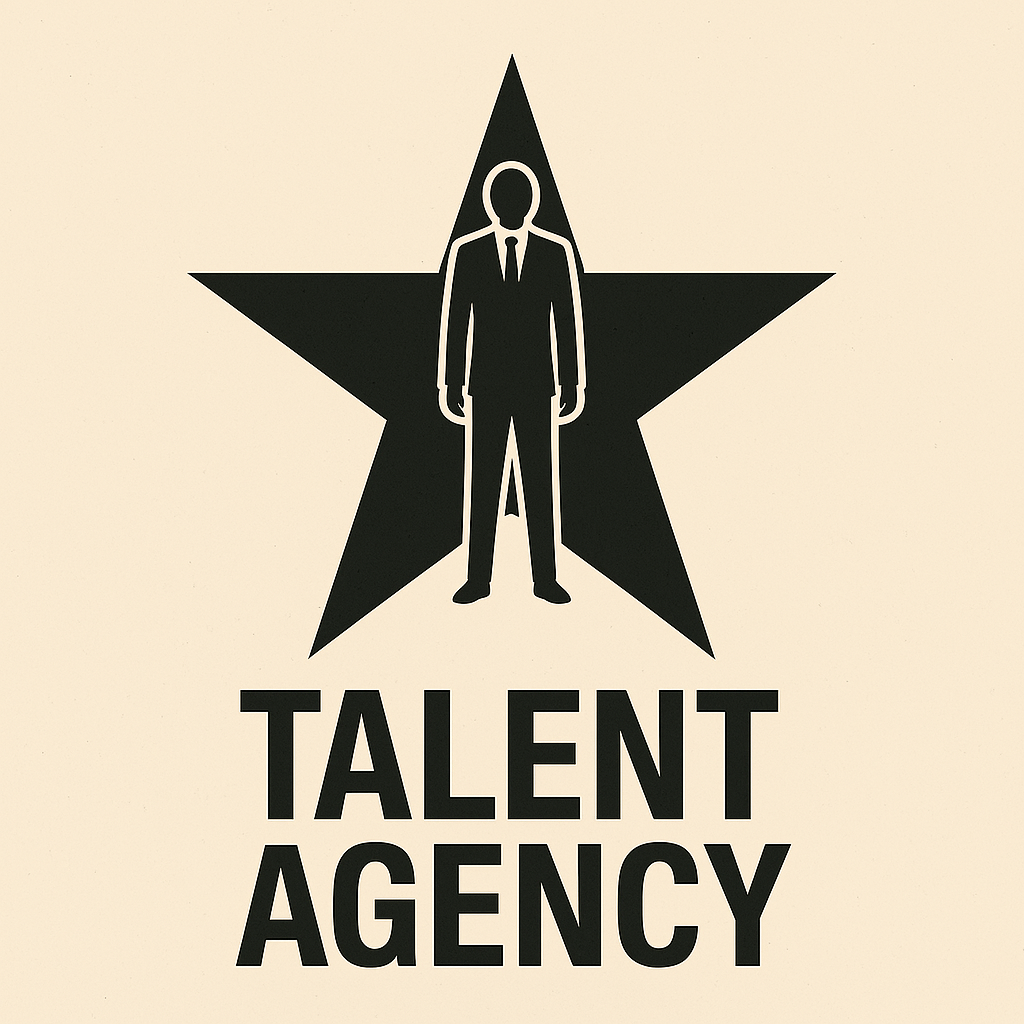
The Rise of Audio Books: A Modern Way to Enjoy Stories
The Rise of Audio Books: A Modern Way to Enjoy Stories
Audio books have transformed the way we consume literature, blending the timeless art of storytelling with the convenience of modern technology. Whether you're commuting, exercising, or simply relaxing at home, audio books offer a hands-free, immersive experience that fits seamlessly into busy lifestyles. In this blog post, we'll explore the growing popularity of audio books, their benefits, and why they’ve become a favorite for readers and non-readers alike.
Why Audio Books Are Gaining Popularity
The surge in audio book consumption can be attributed to several factors:
Convenience: Audio books allow multitasking. You can listen while driving, cooking, or working out, making it easier to "read" without dedicating specific time to sit with a book.
Accessibility: Platforms like Audible, Spotify, and Libby make it effortless to access thousands of titles instantly. Many libraries also offer free audio book rentals through apps, broadening their reach.
Diverse Selection: From classic literature to self-help, thrillers, and memoirs, audio books cover every genre. Many are narrated by talented voice actors or even the authors themselves, adding depth to the experience.
Technology: Smartphones, wireless earbuds, and smart speakers have made listening more convenient than ever. High-quality production ensures crisp sound and engaging narration.
Benefits of Audio Books
Audio books offer unique advantages that enhance the reading experience:
Improved Comprehension and Retention: Listening engages different parts of the brain, helping some people retain information better. This is especially useful for auditory learners.
Enhanced Emotional Connection: Skilled narrators bring characters to life with tone, accents, and emotion, making stories more vivid and engaging.
Support for Reluctant Readers: Audio books are a gateway for those who find traditional reading challenging, including children, people with visual impairments, or those with learning disabilities like dyslexia.
Portability: With audio books, your entire library is in your pocket. No need to carry heavy books or worry about losing your place.
The Art of Narration
One of the standout features of audio books is the narration. A great narrator can elevate a story, while a poor one can detract from it. Many audio books feature celebrity narrators—think Meryl Streep reading Charlotte’s Web or Neil Gaiman narrating his own The Sandman. These performances add a cinematic quality, making the experience feel like a private theater show.
Publishers now invest heavily in production, often including sound effects or music to enhance immersion. For example, some fantasy audio books incorporate ambient sounds like clashing swords or rustling leaves, creating a rich, multi-sensory experience.
Challenges of Audio Books
Despite their appeal, audio books aren’t for everyone. Some challenges include:
Distraction: It’s easy to lose focus while listening, especially during complex narratives or if you’re multitasking.
Cost: Subscriptions like Audible can be pricey, though free options like Libby or discounted platforms like Chirp help mitigate this.
Preference for Physical Books: Many readers still crave the tactile experience of flipping pages and annotating margins.
The Future of Audio Books
The audio book industry shows no signs of slowing down. According to recent trends, the global audio book market is expected to continue growing as more people embrace digital media. Innovations like AI-generated narration and interactive audio books—where listeners can choose story paths—are on the horizon, promising even more exciting developments.
Additionally, audio books are becoming a cultural force. Book clubs now often include audio book options, and social media platforms like X are buzzing with discussions about favorite narrators and must-listen titles. The rise of podcasts has also blurred the lines between audio books and serialized storytelling, creating new opportunities for creators.
How to Get Started with Audio Books
Ready to dive into audio books? Here are some tips:
Choose a Platform: Try Audible for a vast selection, Libby for free library rentals, or Spotify for bundled audio book access.
Start with a Favorite Genre: Pick a book you’re excited about to ease into the listening experience.
Test Narrators: Listen to a sample before committing to ensure the narrator’s style suits you.
Experiment with Speed: Many apps allow you to adjust playback speed. Try 1.2x or 1.5x for a faster pace without losing clarity.
Conclusion
Audio books have revolutionized storytelling, offering a flexible, engaging way to enjoy literature in our fast-paced world. Whether you’re a lifelong bookworm or someone who struggles to find time to read, audio books open up a world of stories waiting to be heard. So, grab your headphones, pick a title, and let the narration sweep you away.
What’s your favorite audio book? Share your recommendations or thoughts in the comments below!




